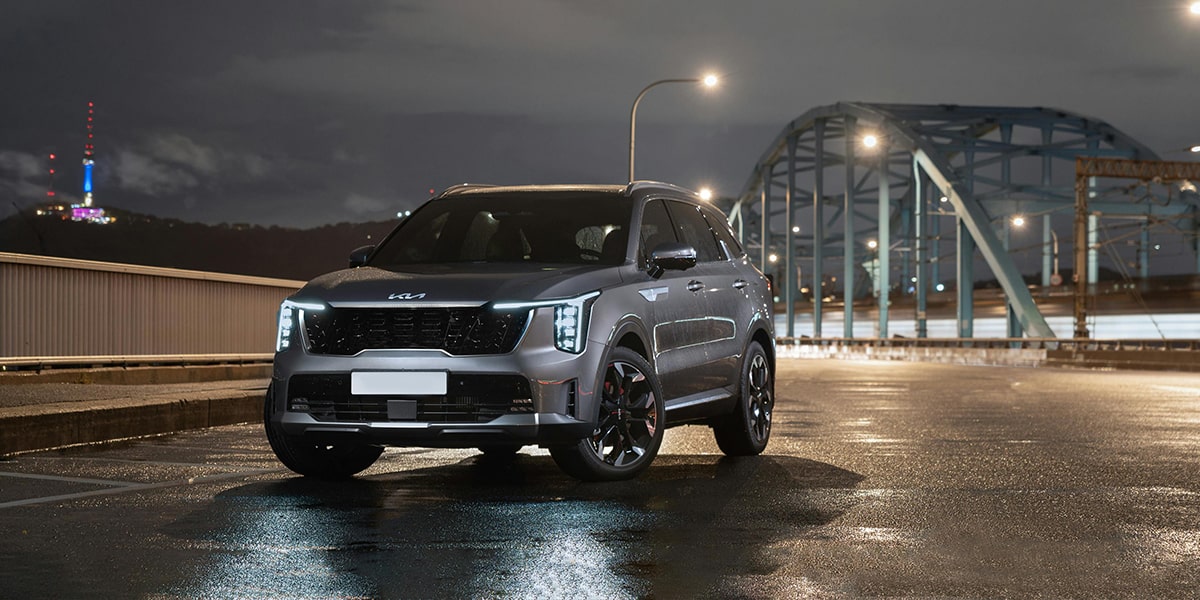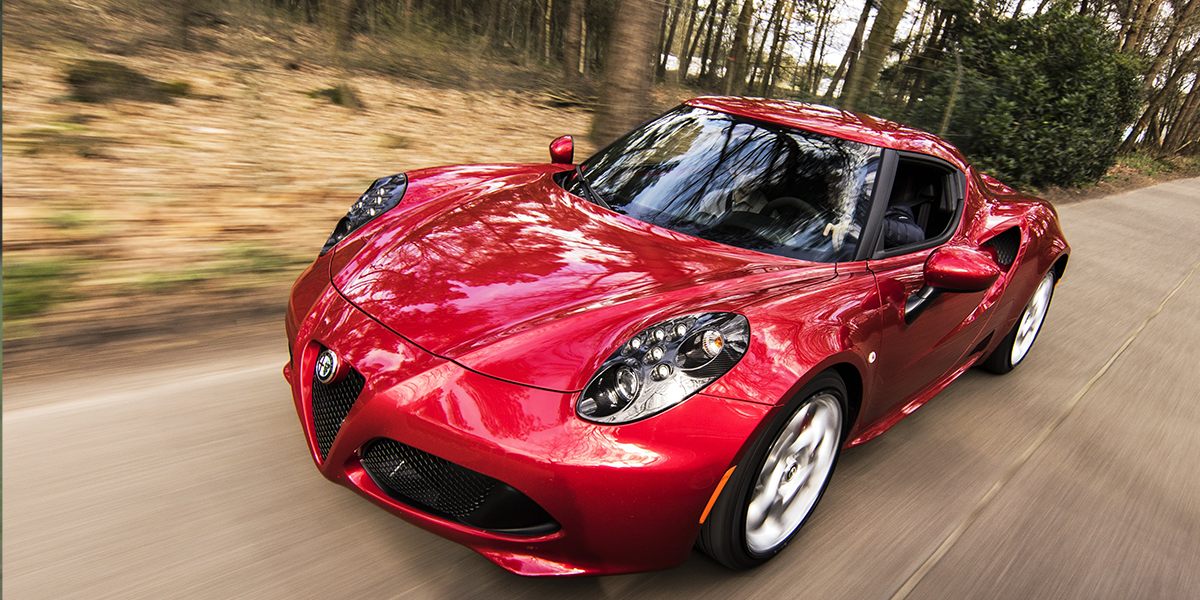Borrowing with poor credit can feel like an uphill battle, especially when it comes to car finance. If your credit score makes you cringe, or you’re tired of receiving those dreaded “unfortunately your request has been declined” responses to car finance applications, don’t throw in the towel just yet!
At My Car Credit, we believe everyone deserves the chance to drive their dream car, regardless of credit history. Can you fix poor credit and secure car finance? You bet! Keep reading for practical, hands-on tips on how to improve your credit score, win over lenders and accelerate towards car ownership.
Why credit scores matter
Unlike friends and family, lenders won’t take your word for it when it comes to borrowing. Instead, they use your credit score to decide how risky it is to lend you money. What is a credit score exactly? Your credit score is a number used to represent your status as a borrower. It’s influenced by factors like your payment history, the amount of debt you currently owe and how long you’ve been borrowing and repaying money.
Unsurprisingly, a good track record gets you a higher credit score. If you have a history of missed payments, high levels of debt or simply haven’t been borrowing and repaying loans for long, your score might take a hit and land you in the ‘poor credit’ category.
Steps to improve your credit score
It’s important to understand that credit scores are dynamic. This means they can go up or down, depending on your financial habits. So, in the same way that forgetting to pay a bill or maxing out a credit card drags down your score, there are also things you can do to fix poor credit and improve your score.
You might not see overnight results but with consistency and a strategic approach, you can drive positive change. Here’s how:
Check your credit report
Start by requesting a copy of your personal credit report from major agencies like Experian, Equifax or TransUnion. Simply enter a few personal details and they’ll send it right to you. Review the report for any errors that could be negatively impacting your score. Report mistakes immediately, even if they seem insignificant.
Pay your bills on time
Your payment history is one of the biggest markers used by agencies to assign credit scores, so it’s worth making it a habit to settle all your bills on time. Direct debits or reminders can help ensure you never miss a payment, and accidently put a dent in your credit score in the process.
Reduce outstanding debts
High levels of debt can tarnish your credit score and position you as a ‘high-risk’ borrower. Focus on paying down your debts, prioritising ones with high interest rates.
Use credit responsibly
Don’t let your credit card balances climb above 30% of your limit. This golden number shows lenders that you can use credit responsibly.
Avoid applying for new lines of credit
A hard search is logged on your credit report each time you apply for credit. Whether it’s a credit card, personal loan or mortgage application, these ‘hard’ checks can temporarily lower your score. For this reason, it’s best to avoid applying for new credit unless absolutely necessary.
How My Car Credit can help fix poor credit
At My Car Credit, we understand that life isn’t always straightforward. Financial hiccups happen to the best of us, whether it’s something small like forgetting to pay a phone bill or a bigger mishap like defaulting on a mortgage. That’s why we specialise in finance solutions designed to help applicants with less-than-perfect credit scores get the car they need.
Tailored finance solutions
Yes, we partner with high-street banks. But we also work with a wide network of trusted lenders who are willing to consider applicants with poor credit. This means you have a higher chance of getting approved for car finance, even if your credit score is lacking.
A simple and transparent process
The last thing you need when you’re trying to fix poor credit is more complications. That’s why we keep the process simple and straightforward. Online applications are quick and easy, and you’ll receive a decision in minutes. We’re sticklers for transparency, so there are no hidden fees or confusing terms to wrap your head around.
Support throughout your journey
We don’t just stop at getting you approved. Our dedicated customer service team is here to support you every step of the way. Whether you have questions about your finance agreement or need advice on how to fix poor credit, we’ve got your back.
Take the first step today
What’s our absolute top tip on how to fix poor credit? Start now! The sooner you take proactive steps to improve your credit score, the sooner it will start to creep up. Yes, repairing poor credit may seem daunting, but with the right approach, it’s entirely possible.
The bottom line on how to fix poor credit? Improving your score takes time. Stay consistent, seek help when needed and don’t forget to celebrate the small victories along the way. Whether you’re eyeing a peppy Ford Fiesta, family-friendly Hyundai Tucson or gleaming Audi A3, the keys to your dream car are within reach—and we’re here to help you get there.
Give our car finance calculator a try or visit our fix poor credit finance page to learn more about how we can help.
Rates from 9.9% APR. Representative APR 10.9%
Evolution Funding Ltd T/A My Car Credit
Require more help?
Got a question you can’t find the answer to, or need some advice and guidance around taking out car finance? Our Car Credit Specialists are friendly, experienced, and here to help so get in touch today!







